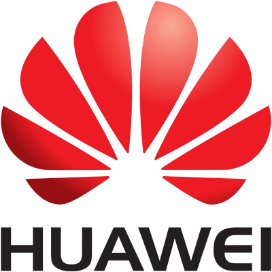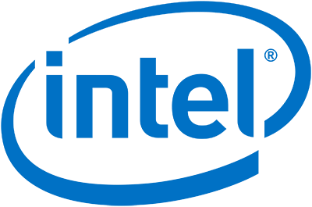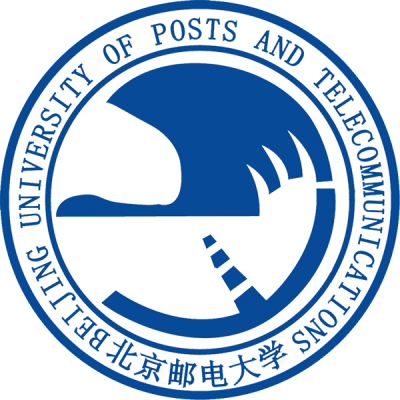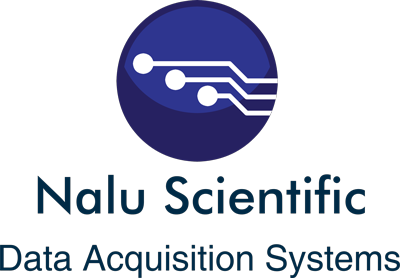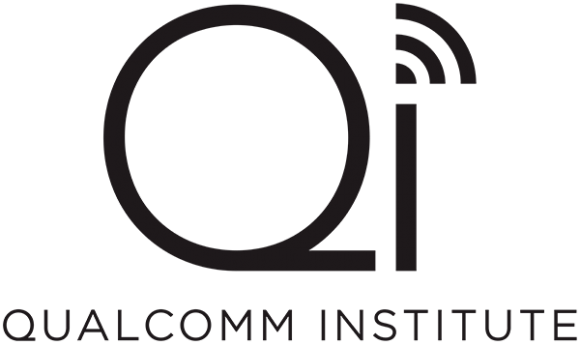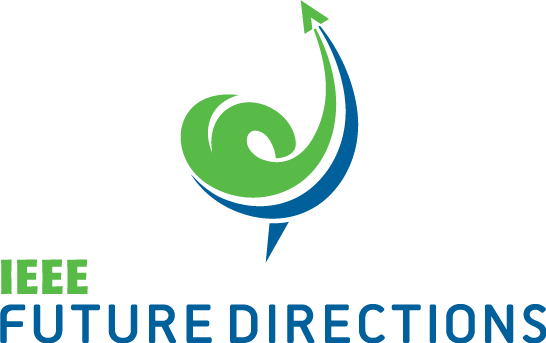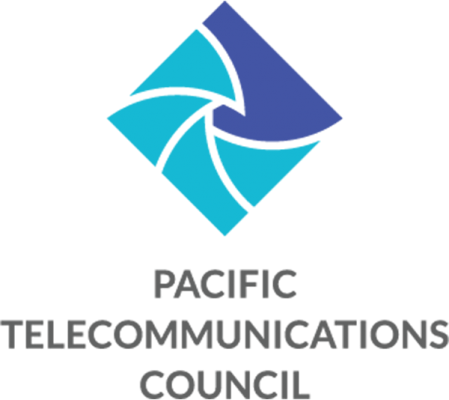Scope and motivation
One of the most challenging problems faced by today’s information and communications technologies (ICT) is sustainability, which becomes even more critical than ever in the upcoming 5G era due to the need of large number of data centers and base stations in core or at edge of the network infrastructure, implying a demand for flexible power supply system and a significant amount of energy consumption in the future network evolution. Meanwhile, various schemes of energy saving and efficiency for sustainable ICT have been proposed and studied to mitigate the adverse effects caused by the exponential increase on energy consumption of ICT directly driven by the Moore’s law. However, existing work on energy saving and efficiency still largely remains in the scope of ICT itself, meaning that most of related work only concentrates on low power design and energy-efficient hardware/software design without considering the innate interchangeable relationship between information and energy. In other words, in most today’s ICT systems, information loads are digital, but power sources are still analog. This mismatched load-source relationship causes low energy conversion efficiency and lacks ability to accommodate various demands on power supply, which may void our ongoing effort on energy saving and energy efficiency for sustainable ICT. In recent years, inspired by the concept of Energy Internet, energy digitization and virtualization based on cyber-physical energy systems has been proposed to overcome the mismatched load-source relationship and enhance the energy efficiency from the stand of power supply, thanks to the rapid development in the field of power electronics semiconductors, such as power MOSFET, SiC and GaN. With their outstanding material properties of processing operations at high switching speed, high voltage, and feverish temperature, power supply in ICT systems can be transformed from analog into digital, making energy become a new kind of cyber-enabled network resource and facilitating a unified resource management for both information flow and energy flow at a much finer resolution. Meanwhile, energy generation and usage may be intelligently predicted, optimized, and controlled based on collected and processed big data of energy consumption and carbon footprint using advanced sensing, actuating, and artificial intelligence (AI) technology. Therefore, the integration of cyber-physical energy systems with current and future ICT systems opens a new multidisciplinary field that needs collaborations across the areas of information, communications, computation, energy and control.
Main topics of interest
CYPESS aims to bring together researchers working on these areas to share their new ideas, latest findings and results in the following topics but not limited to:
- Modeling the design tradeoff between information and energy
- Energy-oriented load balancing and data migration
- Energy-efficient hardware and/or software design
- Energy Internet
- Cyber-physical energy system architecture
- Cyber-physical energy system modeling and simulation
- Energy digitization and virtualization
- IoT and energy digitalization
- Software-defined energy systems
- Virtual power plant for ICT
- High penetration of renewable energy for green ICT
- “Grid-to-chip” DC power supply for green ICT
- Digital power supply systems for future networks
- Digital energy systems for cloud/edge/fog computing
- Energy efficiency of 5G networks
- Bigdata-based energy consumption behavior modeling
- AI-based energy management
- Cybersecurity of digital energy systems
Important dates
June 30, 2019July 7, 2019 Submission of papers- August 15, 2019 Notification of acceptance/rejection
- Sept. 15, 2019 Camera-ready copies of accepted papers
- December 9, afternoon, 2019 Workshop day



